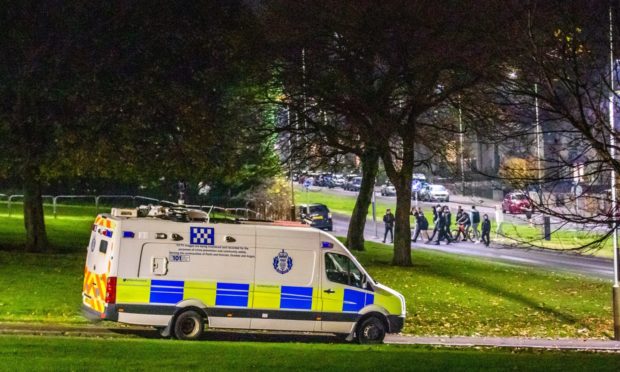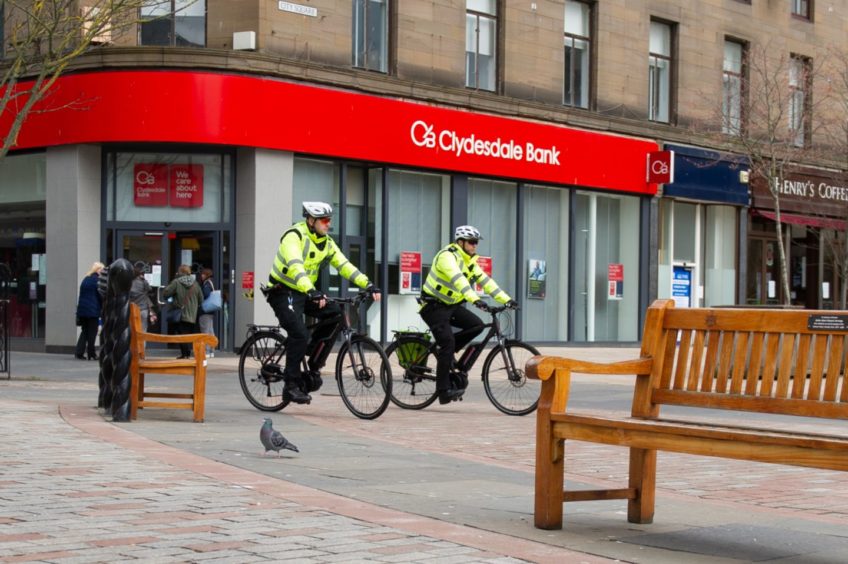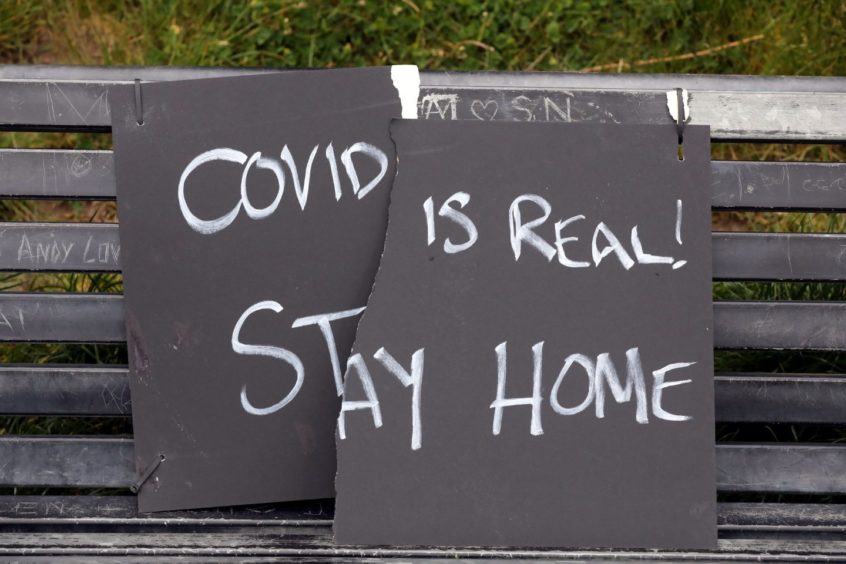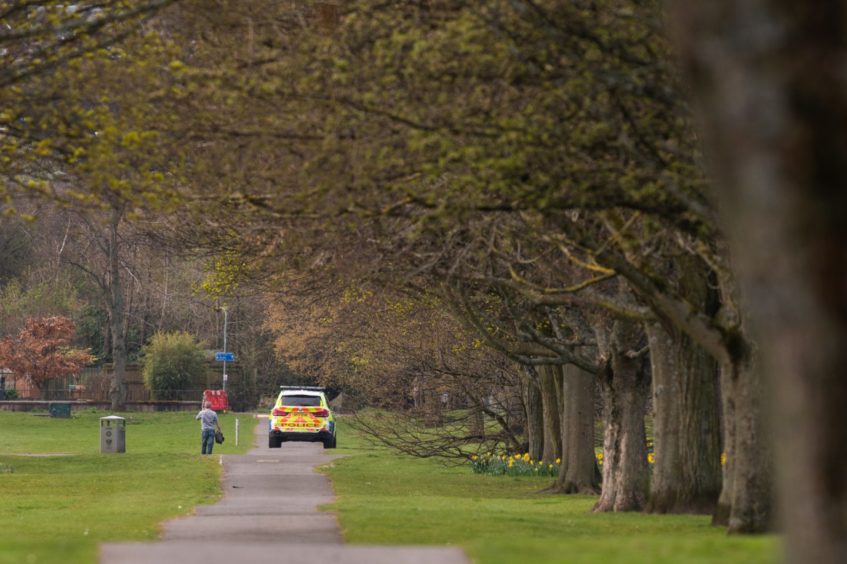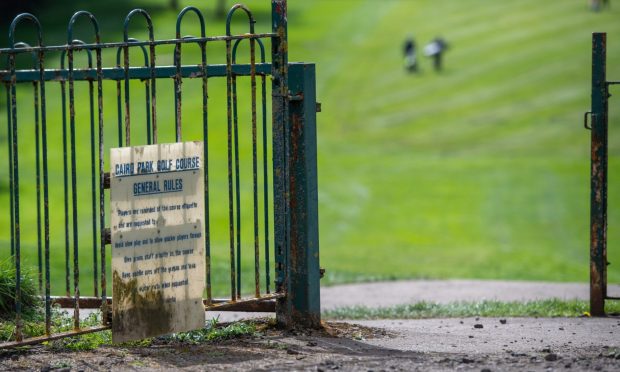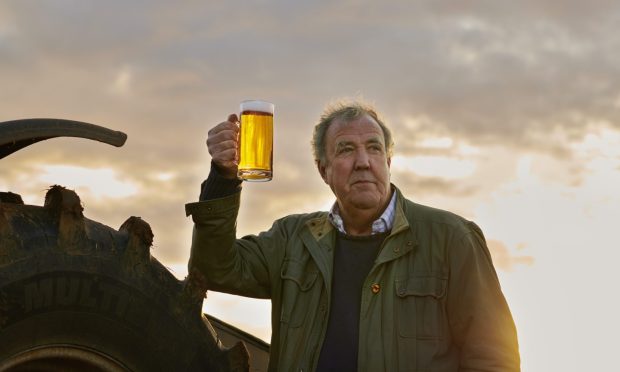Police officers in Tayside and Fife used unprecedented new coronavirus powers to intervene in public life over 9,000 times last year.
The incidents include gatherings indoors and outdoors, after it was made a criminal offence to breach social distancing rules.
The force approached members of the public 9,046 times between March 27 and November 22.
In the vast majority of call-outs, no formal action was taken.
Gatherings of up to 250 people recorded
April, May and September were the busiest months for officers.
The largest private gathering dispersed in all local areas was in Springfield, Dundee when 60 people were caught together.
Around 50 people were also found to be breaking the measures at a flat on Sherbrook Gardens in the city.
The largest public gatherings were various groups of between 100 and 250 at beaches in St Andrews as well as at Silver Sands Beach in Aberdour.
Roughly 100 people were also spoken to by police at Calais Muir Woods in Durloch, while the same amount were recorded at Tentsmuir Forrest and also Hope Street in St Andrews.
Police also had to break up a Dundee gathering of around 100 people at Castle Green in Broughty Ferry.
Those involved were either warned or informed of the rules with fines issued or force used only as a last resort.
Various laws were fast-tracked through both Westminster and Holyrood to allow the UK and Scottish governments to cope with Covid-19 as cases rose rapidly.
The Coronavirus (Scotland) Act 2020 means police can issue fines if people meet with others when government restrictions do not allow.
Have Police Scotland used the powers responsibly?
Amnesty International has been assessing the use of similar powers introduced in countries across the world this year.
The organisation, which helps fight abuses of human rights worldwide, advise authorities should “exercise restraint” and prioritise de-escalation, mediation, and negotiation.
The organisation’s branch in Scotland say Police Scotland appear to be using the laws responsibly.
Naomi McAuliffe, Amnesty International’s Scotland Programme Director, said: “We are living in extraordinary times, and Amnesty International recognises the need for necessary and proportionate measures to prevent and control the spread of epidemic disease – at the core of our right to health.
“However, we have been clear from the outset of the emergency period that measures which amount to restrictions or limitations on other rights enjoyed by people in the UK and Scotland – must be compatible with international human rights standards.
“That means, among other requirements, that emergency measures must be of a duration strictly limited to the needs of the situation, subject to review, and risks to rights must be mitigated.”
She added Police Scotland’s use of temporary powers has been independently assessed and found to be fair and legal.
She said: “The Independent Advisory Group set up to review Police Scotland’s temporary powers to manage the COVID-19 pandemic has confirmed use of such powers during the emergency period has generally been consistent with human rights principles and legal obligations, including those set out in the Human Rights Act 1998 and the Scotland Act 1998.
“We will continue to monitor the situation as powers and regulations change over time.”
Officers have used ‘common sense’
Police Scotland say officers have been told to “engage, explain, encourage and enforce” the laws.
This could be by asking individuals, groups or businesses whether they have heard about the new regulations and restrictions.
Officers should then stress the risks to public health and the NHS and will only use enforcement “as a last resort”.
Police Scotland’s Deputy Chief Constable Malcolm Graham said: “Though the rules have changed often and, at times, quickly, officers have used common sense, empathy and discretion to work with our fellow citizens to help keep everyone safe.
“They will continue to explain the rules to the public and encourage people to take personal responsibility and do the right thing. Where officers encounter wilful and persistent breaches they will act decisively to enforce the law.
“We are acutely aware of our responsibility to exercise these extraordinary powers with the consent of the public. That is why the Chief Constable commissioned independent, expert, assurance led by leading human rights lawyer, John Scott QC to better understand the effect of the emergency legislation in our communities, and help us to discharge our duties consistently and fairly.
“It is encouraging that public confidence in policing has increased significantly during this period and we will always value the bond of trust we have with our fellow citizens.”
